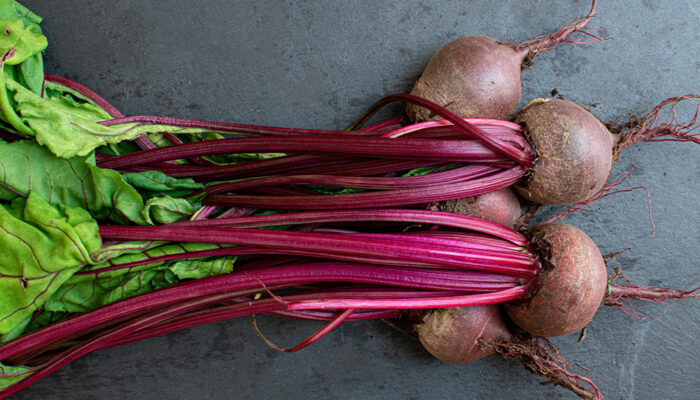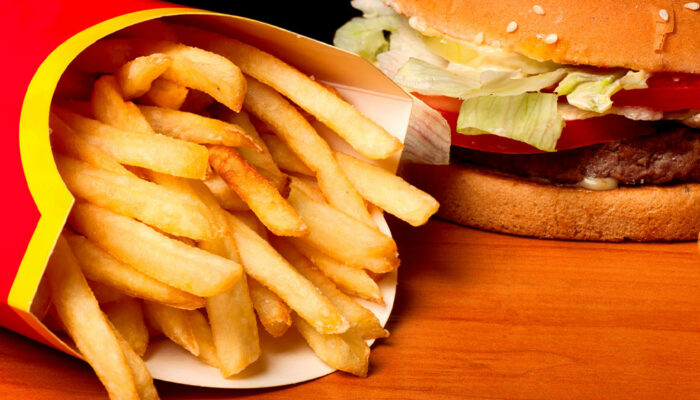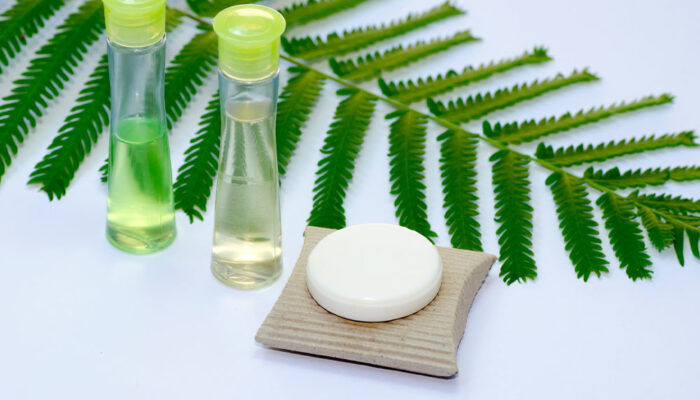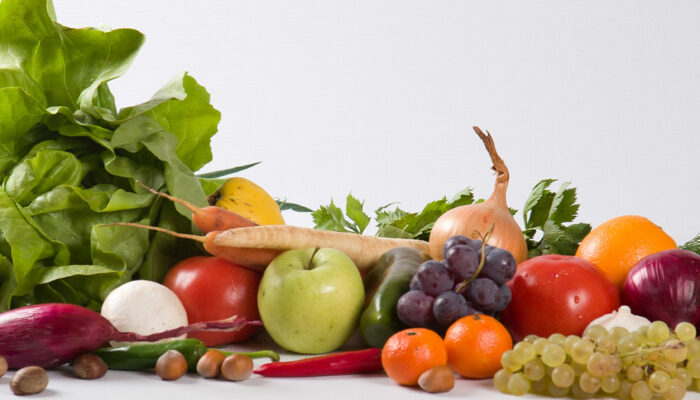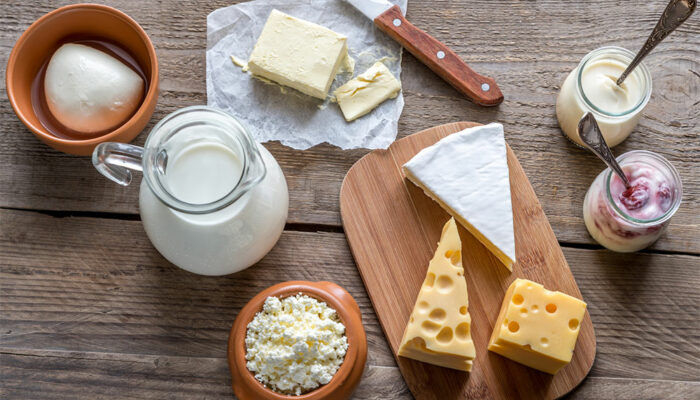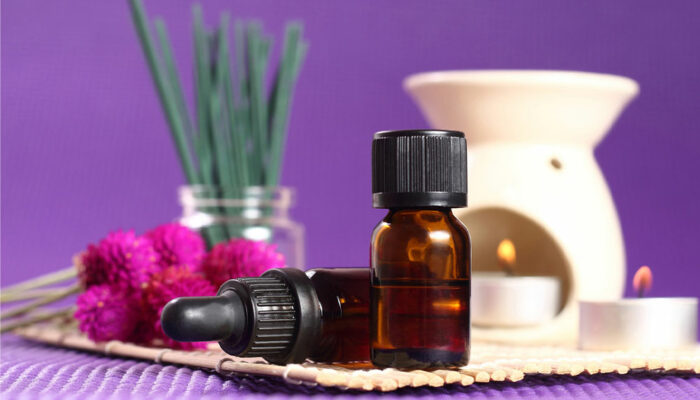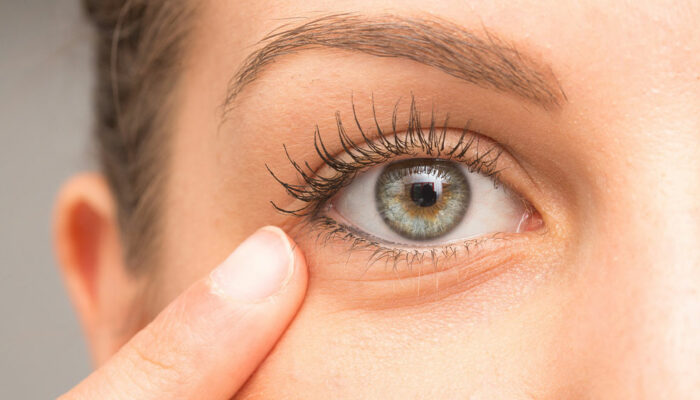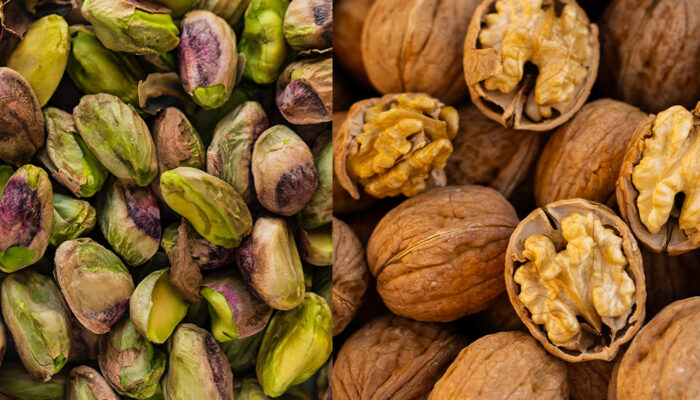
health
Top 5 foods for managing osteoporosis
When the body fails to replace older bone tissues with newer ones, it leads to osteoporosis. It is a condition that results in weak and brittle bones. Osteoporosis increases the risk of bone fractures and is often diagnosed late due to limited symptoms. So, it is important to look after your nutritional requirements to maintain bone health to avoid any health complications. To help you, here are the top five foods for managing osteoporosis. Nuts Nuts are a convenient and tasty remedy that also enhances the effect of bone density supplements for osteoporosis. You should include an assortment of almonds, walnuts, pistachios, pine nuts in your daily snacks. Nuts are replete with minerals like calcium, phosphorus, magnesium, and manganese, ensuring bone health. Milk Milk and milk products are superfoods that strengthen bone density. The recommended intake of dairy products is three servings a day. However, low-fat or skimmed milk is better as they contain less fat. Alternatively, soy milk and products are also good sources of calcium. Fatty fish Fatty fish include options like tuna, mackerel, salmon, and more. They are rich sources of omega-3 fatty acids, antioxidants, vitamins A, C, D, and E and are high in protein content.
Read More 